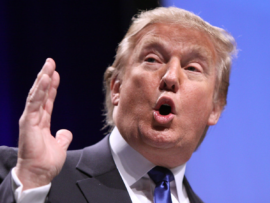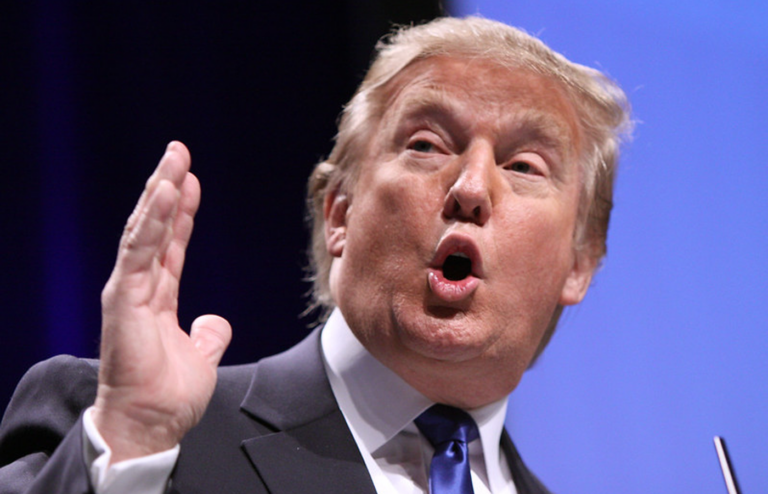
The Trump administration has escalated its campaign against China’s tech ambitions by ordering American semiconductor software companies to stop selling their tools to Chinese firms.
The move, confirmed by multiple companies and first reported by the Financial Times, marks a new phase in Washington’s efforts to control Beijing’s access to critical chip design technology.
Electronic Design Automation (EDA) tools are essential for designing and testing semiconductors, including the advanced chips used in artificial intelligence. Though EDA represents a small part of the global semiconductor supply chain, it is critical to innovation in chipmaking.
What’s in the directive?
At the heart of the decision is a directive from the US Department of Commerce’s Bureau of Industry and Security (BIS), which sent letters to leading providers of EDA software instructing them to halt exports to China without a license. Leading providers of EDA software include Synopsys, Cadence Design Systems, and Siemens EDA.
The restriction applies to the export, re-export, or transfer of EDA software — a key tool for designing and validating semiconductor chips — without a new license.
“The Commerce Department is reviewing exports of strategic significance to China,” a spokesperson said, as quoted by Bloomberg. “In some cases, Commerce has suspended existing export licenses or imposed additional license requirements while the review is pending.”
Company responses and market reaction
At first, Synopsys denied receiving any formal notice. On its May 22 earnings call, CEO Sassine Ghazi said, “We are aware of the reporting and speculation, but Synopsys has not received a notice from BIS.”
However, a day later, the company confirmed it had received a letter from the Commerce Department and suspended its full-year guidance.
Siemens EDA, a division of Germany’s Siemens AG, confirmed receiving a letter from BIS.
“Siemens has supported customers in China for more than 150 years and will continue to work with our customers globally to mitigate the impact of these new restrictions while operating in compliance with applicable national export control regimes,” the company said.
Markets responded sharply. Synopsys shares fell 9.6%, while Cadence dropped 10.7%, marking their steepest losses in years. Ansys, which is being acquired by Synopsys, also saw a 5.3% decline in its stock.
The companies stand to lose a significant amount of revenue. In 2024, Synopsys generated nearly $1 billion in revenue from China, about 16% of its total. Cadence pulled in $550 million, or 12% of its revenue.
Trade truce at risk
This crackdown comes at a delicate moment in US-China relations. Both countries recently agreed to pause tit-for-tat tariffs for 90 days during negotiations in Geneva; however, the move threatens to unravel that ceasefire.
Christopher Johnson, a former CIA analyst and now head of China Strategies Group, told the Financial Times, “The innate fragility of the tariff truce reached in Geneva [is evident]. With both sides wanting to retain and continue demonstrating the potency of their respective chokehold capabilities, the risk the ceasefire could unravel even within the 90-day pause is omnipresent.”
The Financial Times also reported that some officials in the Trump administration had previously pushed to delay this crackdown to avoid derailing trade talks.
China’s reaction and domestic alternatives
China’s Foreign Ministry slammed the US move, calling it an act of economic bullying. In a statement to Reuters, it said, “There are no sanctions or pressure that can block the pace of China’s development and progress, no bullying or coercion that can shake China’s determination to achieve self-sufficiency.”
Meanwhile, Chinese EDA firms like Empyrean Technology and Primarius Technologies saw their shares surge 17% and 20%, respectively, as investors bet on homegrown alternatives.
This is not the first time the Trump administration has targeted China’s technological advancements. During Trump’s first term, Huawei was banned from using US EDA tools. More recently, NVIDIA was blocked from selling its H20 AI chips to China.
In 2022, the Biden administration had already limited sales of advanced chip design software to China. However, EDA companies continued to sell export-compliant versions of their software. The new order under Trump appears to go much further.

